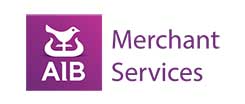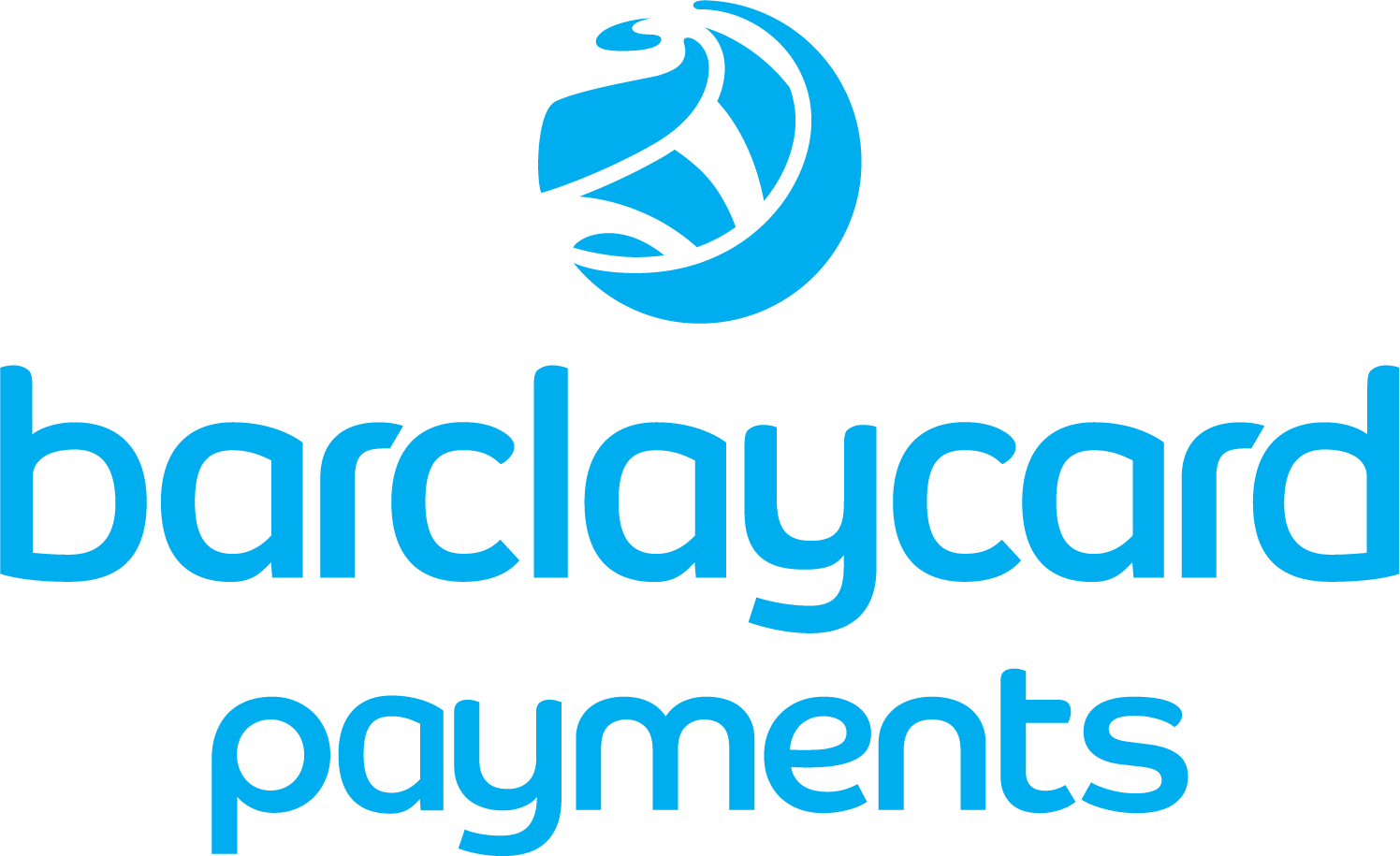- Compare Card Processing Rates from as low as 0.27%
- Keep your card processing fees to a minimum
- Direct access to 80% of the UK’s leading acquiring banks
- Make the right choice for your next UK payment provider
- Ensure your rates always remain competitive
- Seamlessly switch payment provider without a hitch






We're rated Excellent on
The Future of Payment: Exploring Innovative Solutions and Trends
The way we pay for goods and services is evolving rapidly, driven by technological advancements and changing consumer expectations. From alternative payment methods like Apple Pay to real-time payments, businesses and consumers alike are embracing faster, more secure, and more convenient payment systems.
In this article, we’ll explore the latest trends shaping the future of payment, the role of payment service providers, and how businesses can adapt to stay competitive in an increasingly digital marketplace.
The Shift from Cash to Digital Payments
While cash remains in use, its dominance is declining. According to UK Finance, debit cards are now the most popular payment method, accounting for over half of all transactions. Meanwhile, alternative payment methods such as mobile wallets, recurring payments, and contactless options are gaining traction.
Why Are Digital Payments Growing?
-
Convenience: Faster checkout with saved card numbers or biometric authentication.
-
Security: Advanced encryption reduces risk of fraud.
-
Global reach: Many payment methods are accepted across multiple countries.
-
Lower fees: Digital transactions often have a lower cost than handling cash or cheques.
Key Payment Trends Shaping the Future
1. Real-Time Payments (RTP)
Real-time payments allow funds to be transferred and settled within seconds, 24/7. In the UK, the Faster Payments Service (FPS) enables instant transfers between bank accounts, improving cash flow for businesses and consumers.
Benefits of RTP:
-
Immediate access to money.
-
Reduced failure rates compared to traditional methods.
-
Enhanced cash flow management for merchants.
2. Alternative Payment Methods (APMs)
Beyond credit and debit cards, consumers are adopting:
-
Apple Pay, Google Pay, and Samsung Pay (mobile wallets).
-
Buy Now, Pay Later (BNPL) services.
-
Cryptocurrency payments (though still niche).
Example: A merchant offering Apple Pay can reduce checkout friction, increasing revenue from impulse purchases.
3. Recurring Payments and Subscriptions
The rise of subscriptions (Netflix, gym memberships, SaaS) has made recurring payments essential. Automated billing ensures customers are charged expected amounts on a set period, improving income predictability.
Key considerations:
-
Eligibility requirements (e.g., maintaining a minimum account balance).
-
Security (protecting card details from breaches).
-
Flexibility (allowing pauses or cancellations under certain circumstances).
4. Enhanced Security Measures
With increasing cyber threats, payment service providers are implementing:
-
Tokenization (replacing card numbers with unique tokens).
-
Biometric authentication (fingerprint or facial recognition).
-
Strong Customer Authentication (SCA) under PSD2 regulations.
5. Cross-Border Payment Innovations
Businesses operating in global markets need efficient currency exchange solutions. Innovations like:
-
Multi-currency accounts (holding and transferring different currencies).
-
Blockchain-based settlements (faster and cheaper than traditional bank transfers).
The Role of Payment Service Providers (PSPs)
A payment service provider acts as an intermediary, enabling businesses to accept various payment methods. Key providers in the UK include Stripe, PayPal, and Worldpay.
How PSPs Add Value:
-
Support multiple payment methods (cards, digital wallets, bank transfers).
-
Reduce risk with fraud detection tools.
-
Simplify settlement, ensuring funds are delivered to the merchant’s account quickly.
Example: A small company selling online can use a PSP to securely process first payments without handling sensitive data directly.
Challenges in Modern Payment Systems
Despite advancements, challenges remain:
-
Fees: Transaction costs can eat into revenue, especially for small businesses.
-
Regulatory compliance: Adhering to court-mandated rules (e.g., GDPR, AML checks).
-
Failure rates: Some transactions decline due to insufficient funds or technical issues.
What’s Next? The Future of Payments
1. Embedded Payments
Payments will become seamlessly integrated into apps and platforms. For example, ordering a ride through Uber automatically processes the bill without manual input.
2. Central Bank Digital Currencies (CBDCs)
The UK is exploring a digital pound, which could revolutionize how money is stored and transferred.
3. AI and Machine Learning in Fraud Detection
Advanced algorithms will better predict and prevent fraudulent transactions, reducing risk for businesses.
4. Expansion of Open Banking
Open Banking allows third-party providers to access bank data (with user consent), enabling smarter payment solutions tailored to spending habits.
Next Steps for Businesses
To stay competitive, businesses should:
-
Adopt multiple payment methods (cards, digital wallets, BNPL).
-
Ensure security compliance to protect customer data.
-
Optimize checkout flows to reduce cart abandonment.
-
Leverage real-time payments for faster settlement.
The future of payment is digital, fast, and secure. From real-time payments to alternative payment methods, innovation is making transactions smoother for customers and more profitable for businesses.
By understanding these trends and working with reliable payment service providers, companies can enhance customer experience, reduce fees, and drive revenue growth in an increasingly cashless world.
Are you ready to upgrade your payment system? Evaluate your options today and stay ahead in the evolving financial landscape.
